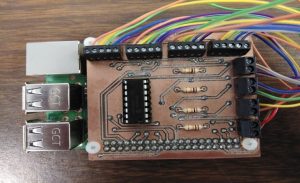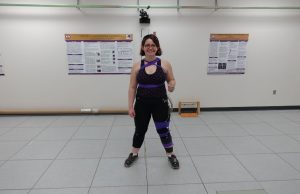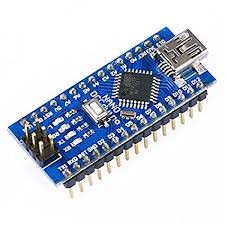Medical Device Design
Neural Prosthesis: The latest generation of prosthesis include intelligent artificial controllers that enhance the performance of the prosthesis. We are working with the department of physical therapy to developing an experimental medical device to improve gait in people with muscle weakness associated with spinal cord injury, multiple sclerosis, muscular dystrophy, etc. The device under development by Premkumar Subbukutti uses artificial electrical stimulation to induce contractions in the muscles of the lower leg increasing the push off force while walking. Data from foot pressure sensors, accelerometers, and gyroscopes attached to the body are used by the onboard computer within the device to properly time muscle stimulations. We are developing neural networks to manage the large amount of data collected during the decision process.


Biofeedback Device for Stroke Rehabilitation: We are also developing another device to provide positive biofeedback to people during stroke rehabilitation gait retraining. The device is being developed by undergraduate student Jazz Click. The third generation of the device includes a Arduino Nano microcontroller, foot pressure sensor, microphone, and lithium batteries. During gait retraining, when the patient’s heel strikes the ground (as desired) a positive tone is emitted from the device providing biofeedback to reinforce the motion.


